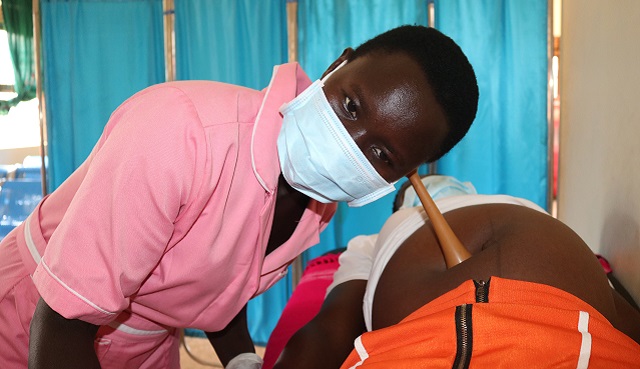Persistent Postnatal Health Challenges Affect Over One-Third of Women, Reveals New Research

A comprehensive study, part of The Lancet Global Health’s maternal health series, highlights the enduring health issues faced by women after childbirth, urging greater healthcare recognition and preventive care measures.
A recently published study in The Lancet Global Health, focusing on maternal health, discloses that more than a third of women encounter lasting health problems post-childbirth, with approximately 40 million women annually facing long-term health challenges attributed to childbirth.

The research sheds light on a significant burden of postnatal conditions that extend beyond the conventional postpartum period, persisting for months or even years. These conditions include dyspareunia (pain during sexual intercourse), affecting 35% of postpartum women; low back pain (32%); anal incontinence (19%); urinary incontinence (8-31%); anxiety (9-24%); depression (11-17%); perineal pain (11%); tokophobia (fear of childbirth) (6-15%); and secondary infertility (11%).
Advocating for increased awareness within the healthcare system, the authors emphasize the need to acknowledge these prevalent issues, many of which arise beyond the typical timeframe for postnatal services. The study contends that effective care throughout pregnancy and childbirth plays a crucial role in prevention, enabling the detection of risks and averting complications leading to enduring health problems after childbirth.
Dr Pascale Allotey, Director of Sexual and Reproductive Health and Research at WHO, underscores the underappreciation and underreporting of postpartum conditions, emphasizing the importance of healthcare providers addressing women’s concerns beyond childbirth to ensure good health and quality of life.
Despite their prevalence, the study highlights the neglect of these conditions in clinical research, practice, and policy. A review spanning 12 years revealed a lack of recent high-quality guidelines for effective treatment in 40% of the 32 priority conditions analyzed, with no high-quality guidelines from low- or middle-income countries. Data gaps were significant, with no nationally representative or global studies for any of the identified conditions.
The broader maternal health series, titled “Maternal health in the perinatal period and beyond,” advocates for a holistic approach, emphasizing the importance of addressing social, economic, and environmental factors that influence women’s health. The lack of attention to these fundamental issues is attributed to the insufficient progress in reducing maternal deaths in 121 out of 185 countries over the past two decades.
Joao Paulo Souza, Centre Director of BIREME for PAHO/WHO and a study author, emphasizes the need for a comprehensive approach to maternal health, addressing environmental, political, economic, and social factors to improve overall well-being. The series calls for a robust, multidisciplinary health system that not only offers high-quality maternity services but also prevents ill health and mitigates broader inequities, especially for vulnerable women and girls.



